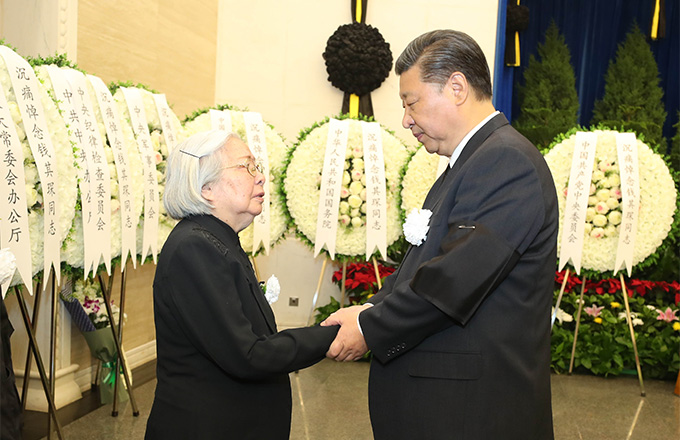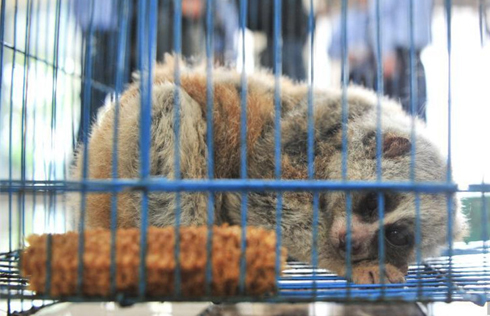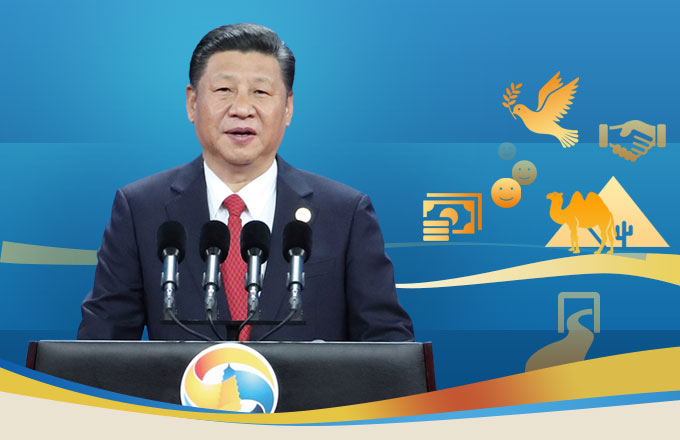Six captive-bred Chinese alligators released into wild
HEFEI — A nature reserve in East China's Anhui province released six captive-bred Chinese alligators into the wild on Thursday to boost the wild population of this endangered species.
The six Chinese alligators, two males and four females with an average age of seven, are among 102 reptiles Anhui Yangtze Alligator National Nature Reserve has released into the wild since 2003.
According to Zhu Hongxing, deputy head of the administrative bureau of the reserve, the alligators had to meet certain standards before they could return to a natural habitat.
"They had blood and DNA tests to make sure they were strong and not close relatives. Then they underwent wilderness training," said Zhu, adding that they have been fitted with electronic ID chips to help researchers identify them in the future.
The released Chinese alligators have begun to reproduce in the wild, meaning they have generally adapted well. However, they are still affected by the agricultural practices of residents surrounding the reserve.
In 2016, Green Anhui, an environmental protection organization, launched a program to promote knowledge about Chinese alligator protection among residents and encourage them to reduce the use of pesticides and fertilizers that could pollute the water.
Endemic to China, Chinese alligators, also known as Yangtze alligators, live along the middle and lower reaches of the Yangtze River.
Threatened by human activity and shrinking habitats, only about 150 living in the wild were born in a natural habitat.
As the world's largest Chinese alligator breeding base, the reserve has bred more than 15,000 Chinese alligators in captivity.



















